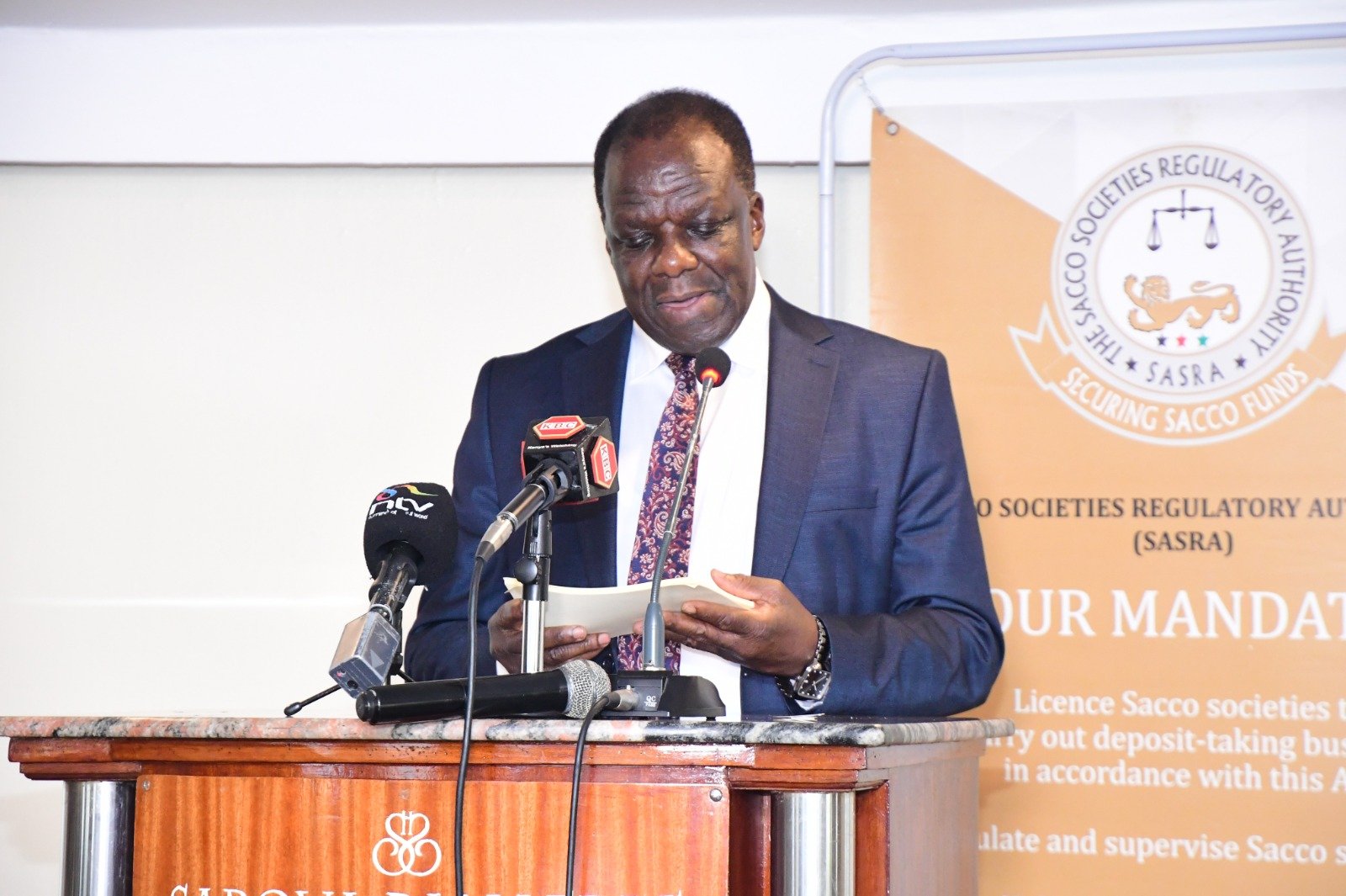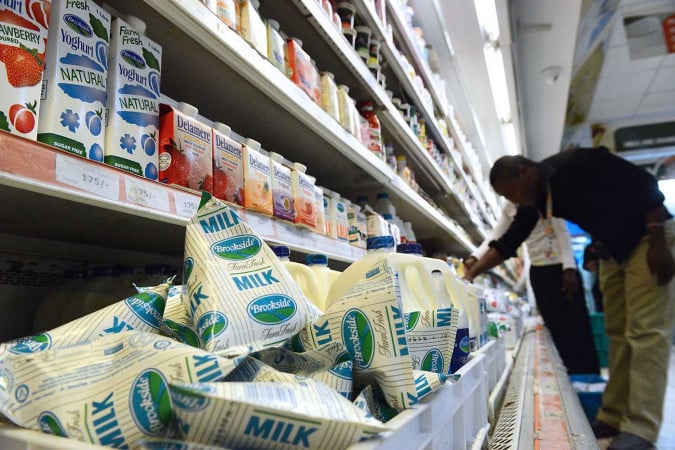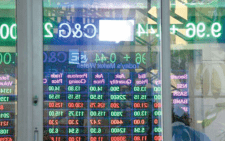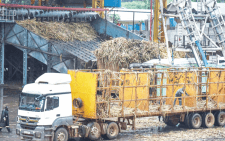Saccos warn of reduced savings over 1.5pc housing levy

Employees’ salary deduction of 1.5 per cent housing levy as stipulated in the Finance Act 2023 will in the long run affect loan uptake and savings culture, savings and credit cooperative societies (Saccos) have warned.
Sacco leaders fear loan default rate is expected to increase in the sub-sector going forward as the same will be affected by decreasing monthly savings.
Co-operative Alliance of Kenya (CAK) chief executive Daniel Marube said with the addition of tax deductions on members’ salaries there will be eventual interruption of savings and in long terms affect loan uptake. “The Financial Act 2023 has good things, especially on taxes mobilisation to fund economic growth. However, we equally expect changes on the Sacco business, especially on membership as in some cases members will exit as part of trying to cope with harsh financial realities in the market,” he said.
Purchasing powers
Already, Marube said during a co-operative leader’s consultative meeting at Voi Wildlife Lodge that savers are grappling with depressed purchasing powers.
He claimed that owing to high competition for the salaries and high cost of living, members are likely to face challenges of repaying their loans. Harambee Sacco chief executive George Ochiri said the 1.5 per cent housing levy deduction will affect their salaries and thus savings will equally be affected.
“Even though the government insists on tax mobilisation to fund its programmes, eventually the strategy will have a huge impact in the Sacco sub-sector as savers are likely to reduce their deposits in order to manage their daily obligations,” he said, adding: “If shareholders’ financial bases are interrupted, Saccos are likely to be faced with exodus of the members to other outlets.”
Once savings are affected, the same, he added will interrupt borrowing capacity and thus deny Sacco’s fees earned out of the advances.
“This will interrupt the financial base of the Saccos and in the long run might affect other business segments of the credit unions. And equally force them to reduce employment and investments,” he added.
Sacco Supervision Annual Report, 2022 as at end of December 31, 2022 the gross loans by Saccos stood at Sh680.35 billion, which is an increase from the sum of Sh608.75 billion reported in 2021.
The report compiled by Societies Regulatory Authority indicates that the loan increase represents a 12.24 per cent increase in gross loans compared to an increase of 10 per cent reported in 2021.















